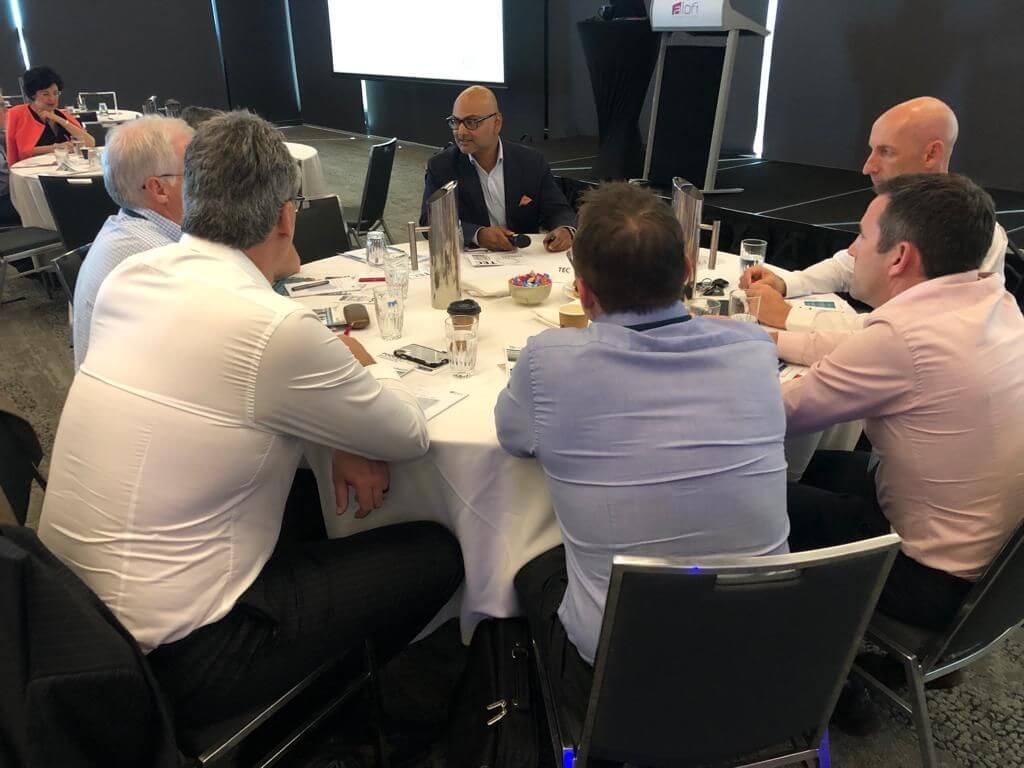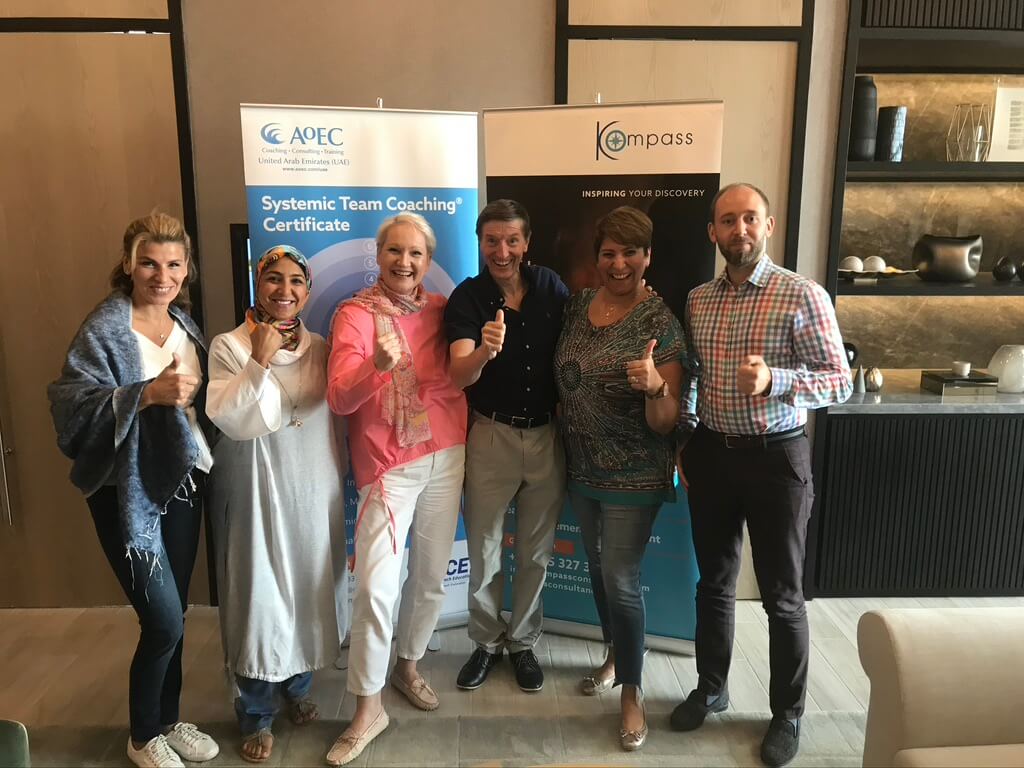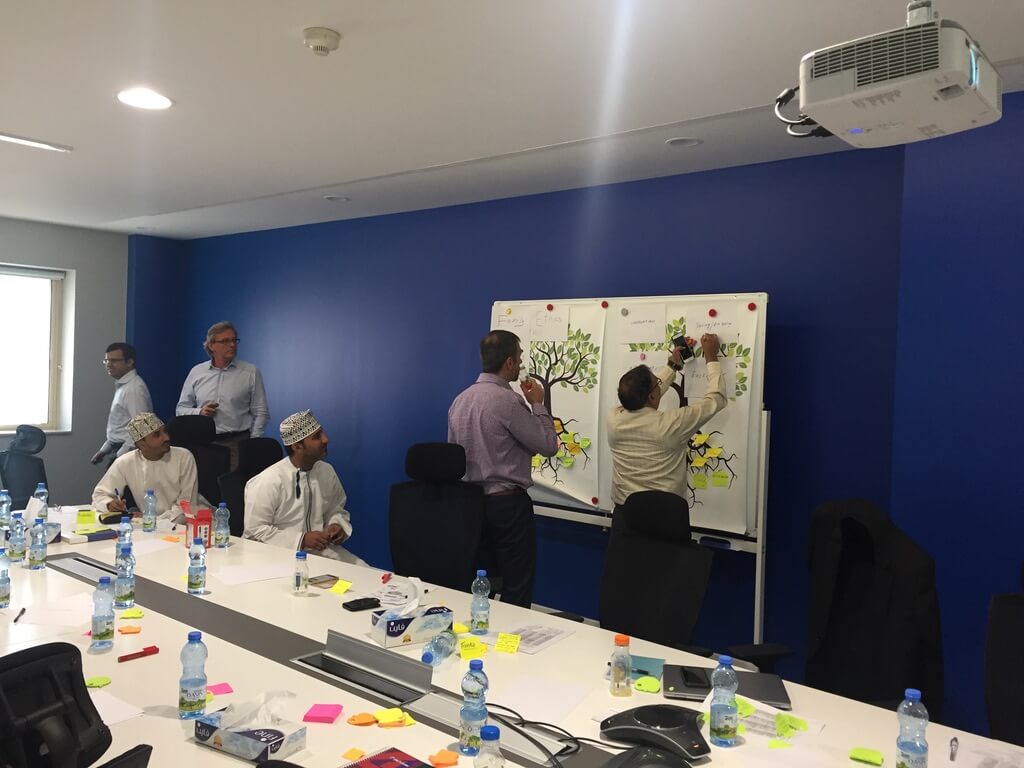Ever felt stuck, like no matter how hard you try, you’re just “not good at” something? Or maybe you’ve seen a team member give up too soon, thinking they just don’t have what it takes?
That’s mindset in action — and it makes a bigger difference than most people realise.
Whether you’re leading a team, building a business, or trying to grow in your own career, the way you think about your abilities plays a huge role in how far you go. In fact, it can be the difference between giving up and growing through the tough stuff.
This blog breaks down the two main types of mindset — growth and fixed — and why they matter more than ever in today’s world of constant change. We’ll go through real-life examples, tips for building a growth mindset (in yourself and others), and even a few surprising ways a fixed mindset can show up.
If you’re someone who wants to keep learning, lead better, and help others grow — this one’s for you.
What Is a Growth Mindset?
A growth mindset is the belief that your skills and abilities can improve with effort, practice, and learning.
This means that you’re not limited by what you know today — you can build new skills and grow through experience. People with a growth mindset tend to see mistakes as part of learning, not proof that they’ve failed. They don’t expect to be perfect. Instead, they focus on getting better.
As a team leader or entrepreneur, this mindset can help you move forward even when things don’t go to plan. It lets you stay open to feedback and try again and encourages your team to do the same. And if you’re supporting others — whether you’re mentoring, managing, or coaching — having a growth mindset means you trust that people can develop, not just perform.
It’s not about always being positive or never struggling. It’s about knowing that effort leads to progress — and that growth is possible for everyone.
What Is a Fixed Mindset?
A fixed mindset is the belief that your abilities are set and can’t change much.
If someone has a fixed mindset, they may think they’re either “good” at something or not — and that no amount of effort will make a real difference. This kind of thinking can hold people back. It can lead to avoiding challenges or giving up quickly if something feels too hard.
You might hear it in phrases like, “I’m just not a people person,” or “I’ve never been good with numbers.” When we believe that talent or intelligence is something you’re born with, we stop looking for ways to improve — and that limits growth.
For professionals juggling performance and people development, a fixed mindset can quietly creep in during high-pressure moments. It might feel safer to play to your strengths or avoid risks, especially when others are looking to you for answers. But over time, this mindset can get in the way of progress — both for you and your team.
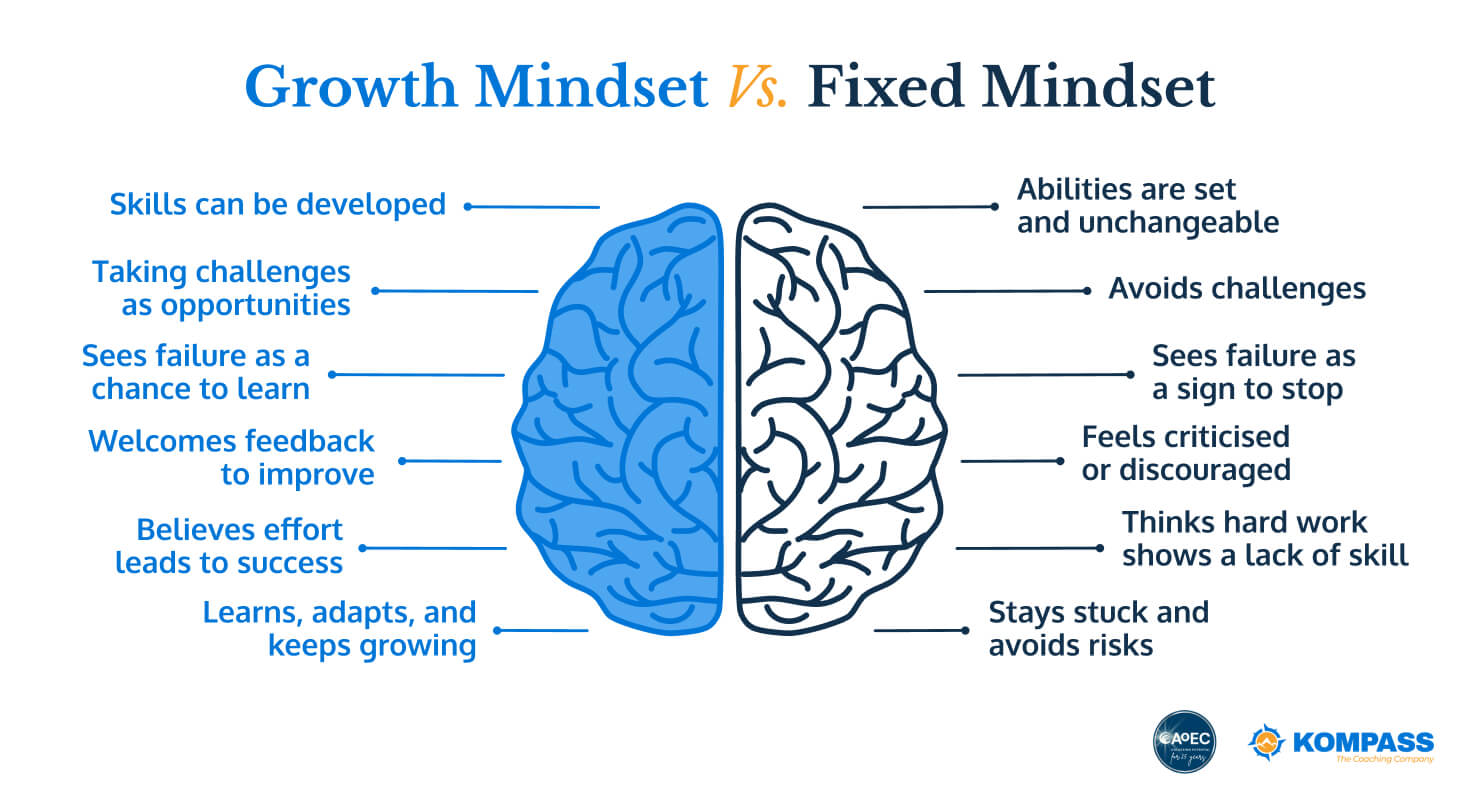
Growth vs. Fixed — Why it Matters in the Real World
Mindset matters because it shapes how we respond.
In the day-to-day reality of work and leadership, what we believe about our ability to grow often influences what we do. A growth mindset helps people take on new roles, develop new skills, and stay motivated when things get tough. A fixed mindset, on the other hand, can quietly hold us back — not because we aren’t capable, but because we’ve already decided we can’t.
For professionals and team leaders, this difference shows up in moments that matter:
-
Do we lean into the hard conversation or avoid it?
-
Do we give someone feedback or assume they won’t change?
-
Do we try a new approach or stick with what’s comfortable?
Your mindset doesn’t just affect your own growth — it also impacts how you lead others.
In fast-moving workplaces, where expectations are high and change is constant, a growth mindset isn’t just helpful — it’s essential. It allows you to stay curious and resilient and keep moving forward — even when the path isn’t clear.
The way you think about learning and ability will shape your results. That’s why mindset matters — not just in theory but in every decision, conversation, and challenge you face.
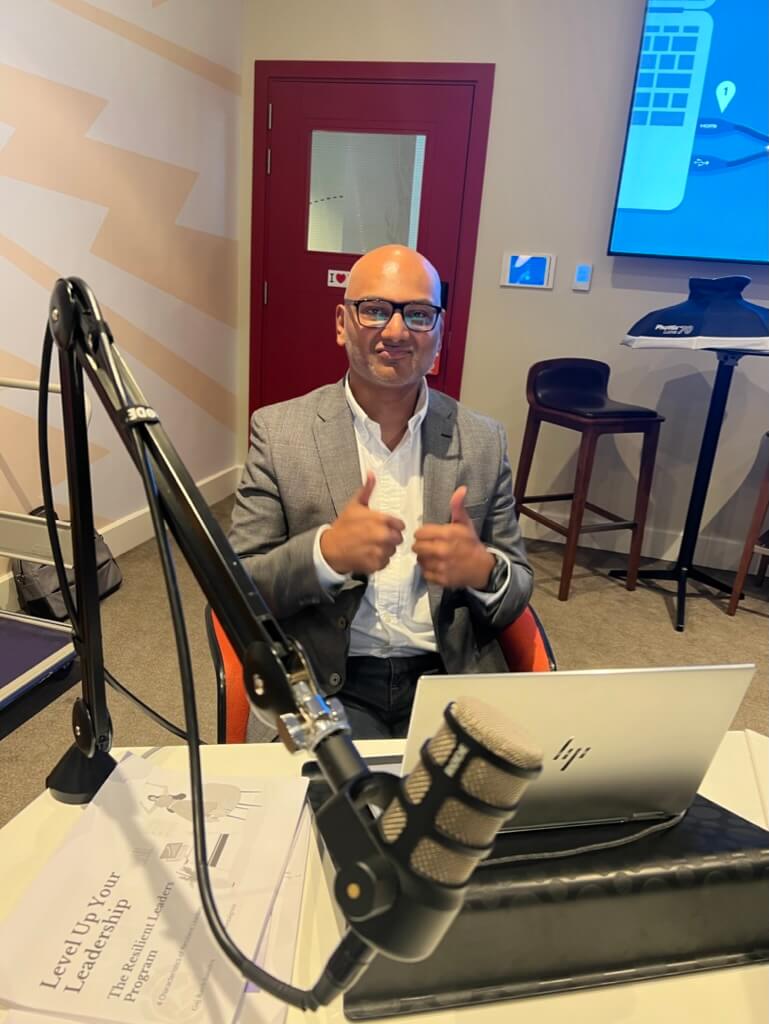
Why a Growth Mindset Is Essential for Entrepreneurs
A growth mindset helps entrepreneurs face challenges with confidence, flexibility, and a willingness to learn.
Let’s break down why this mindset is so important in the world of entrepreneurship.
-
Fuels Adaptability in a Rapidly Changing Market
A growth mindset allows entrepreneurs to adjust when things change — and in business, things always change.
Markets shift, customer needs evolve, and strategies that worked last year might not work today. A fixed mindset may hold on to what feels safe or familiar, but that can lead to missed opportunities. Entrepreneurs with a growth mindset are more likely to explore new paths, test different ideas, and stay open to learning from the process. They treat change as part of the job — not something to fear.
-
Encourages Innovation Through Iteration
A growth mindset supports innovation because it encourages you to keep improving rather than getting stuck trying to be perfect.
Entrepreneurs often start with a strong idea, but it rarely stays the same. Products evolve. Business models shift. Customer feedback changes the direction. A fixed mindset may take criticism personally or avoid feedback altogether, but a growth mindset sees feedback as useful data to build something better.
Innovation is rarely about big, sudden breakthroughs. It’s more often about testing, learning, and tweaking as you go. A growth mindset keeps you moving and building on what you’ve learned — one step at a time.
-
Builds Resilience Through Setbacks
A growth mindset helps you recover and keep going when things don’t go to plan — and every entrepreneur faces setbacks.
There will be failures. Delayed timelines. Rejected pitches. Ideas that don’t work out. A fixed mindset might see these moments as proof that you’re not good enough. But with a growth mindset, you recognise them as part of the journey — chances to learn, not reasons to stop.
Resilience doesn’t mean pretending that things don’t hurt. It means believing you can grow through them. That belief makes all the difference, especially when others are looking to you for leadership.
-
Fosters Humility and Continuous Improvement
A growth mindset keeps you open — not just to learning but to learning from anyone.
Entrepreneurs with a growth mindset don’t assume they have all the answers. They ask questions. They listen. They take advice. This humility is a strength, not a weakness — it shows that you’re focused on growing your business, not just proving yourself.
It also sets the tone for your team. When people see a leader who’s willing to learn, they feel more confident to do the same. That kind of culture — honest, open, and always learning — is a powerful foundation for long-term success.
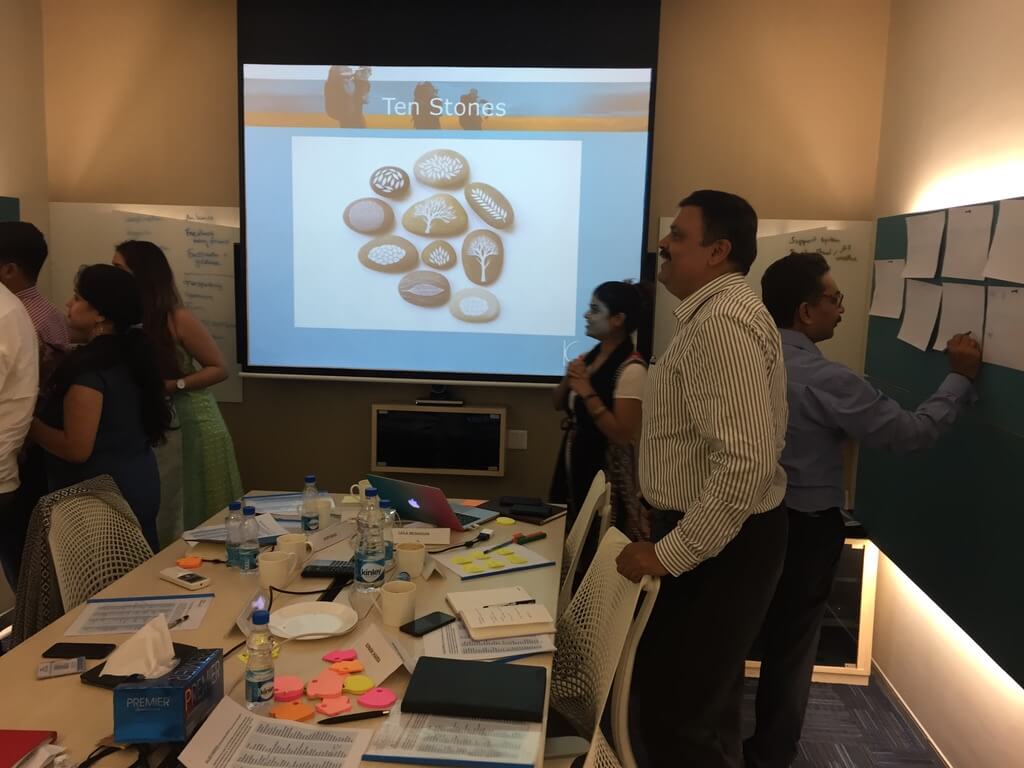
Frequently Asked Questions
1. What’s the difference between a growth mindset and a fixed mindset?
A growth mindset means you believe your skills and intelligence can improve through learning and effort. A fixed mindset is when you believe your abilities are natural and cannot really change.
2. What are five signs someone has a growth mindset?
They embrace challenges, learn from feedback, keep going after setbacks, believe effort leads to success, and are open to learning new things.
3. How do I build a growth mindset in myself?
Start by noticing your thoughts. Choose to see effort as useful, view mistakes as learning opportunities, and remind yourself that progress takes time.
4. What are five examples of fixed mindset thinking?
“I’m not good at this.”
“I give up easily.”
“I don’t want to be judged.”
“Others are just more talented.”
“If I fail, it means I’m not smart.”
5. Is having a fixed mindset always a bad thing?
Not always. A fixed mindset can feel safe in the short term, but it may hold you back from trying new things or growing in the long run. Being aware of it is the first step to change.
